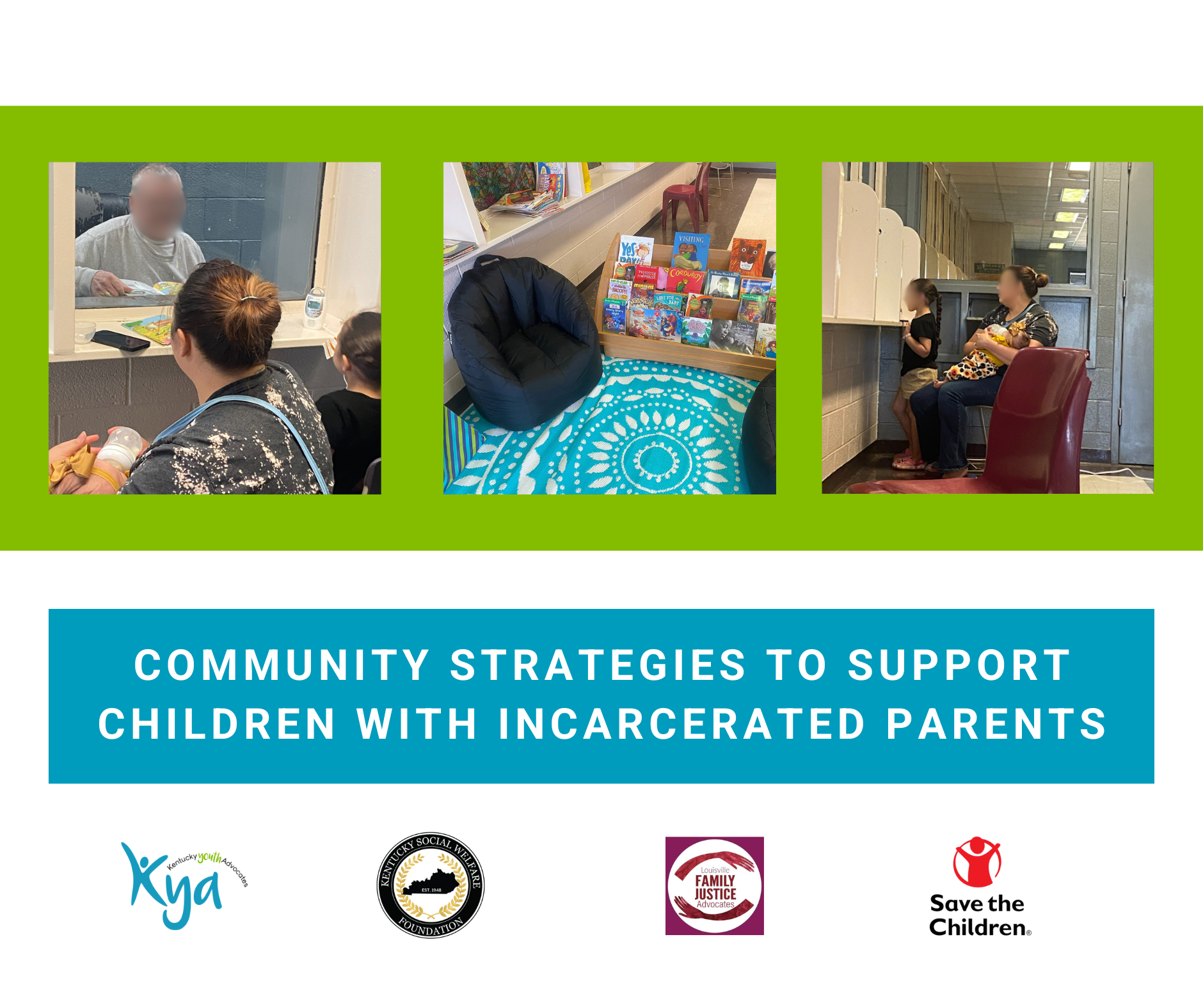 PBS’ Frontline featured Kentucky in a show, Prison State, earlier this week. The reason for the attention came from both a sore spot and a source of pride. On the one hand it came because of “Kentucky uglies” – heavy use of incarceration for adults and jailing kids for things like skipping school. On the other hand national interest was spurred by the work undertaken in Kentucky to set us on a better path in the adult system with reforms championed by Representative John Tilley and former state Senator Tom Jensen.
PBS’ Frontline featured Kentucky in a show, Prison State, earlier this week. The reason for the attention came from both a sore spot and a source of pride. On the one hand it came because of “Kentucky uglies” – heavy use of incarceration for adults and jailing kids for things like skipping school. On the other hand national interest was spurred by the work undertaken in Kentucky to set us on a better path in the adult system with reforms championed by Representative John Tilley and former state Senator Tom Jensen.
The show highlighted many troubling issues with Kentucky’s historic practices and what those practices look like for four people the show followed (check out WFPL’s list of takeaways here). In both the adult and child systems, we are spending massive amounts of money to lock people up, and we haven’t been getting the results we want – for public safety, financially, or in getting people involved in the systems back on track as productive members of society.
That said, the story shared changes that have begun to be implemented to reforms made several years ago to the criminal justice system. The reforms have begun showing progress, though work remains to increase access to treatment for people with mental health and substance abuse issues. The encouraging news is that Kentucky has started moving in the right direction, and leaders at the local and state level are speaking out about the ineffectiveness of incarceration for many of the people passing through Kentucky jails and prisons.
New reforms in the juvenile justice system with SB 200, championed by Senator Whitney Westerfield and Representative Tilley, were just signed in to law last week by Governor Steve Beshear. Those reforms will create system changes that address many of the troubling takeaways from the show. The legislation will establish the structure to frontload services for kids that are at risk of getting involved in the court system. Tools will be used to determine needs that may be contributing to the behavior, and if so, those issues will be addressed instead of just responding to symptoms. Youth will be held accountable for behavior, but it will be done in a way that puts youth on track to become contributing members of their communities – not on a path to involvement in the criminal justice system.
Watching Prison State the other night, the challenges Kentucky faces in both the adult and youth justice systems – and seeing the impact on the men and young women featured – were discouraging to see. However, in the end, I was encouraged by the many state and local leaders willing to speak out on what’s not working. I appreciate legislators who have championed efforts to move away from the “addiction to incarceration” and towards what we know works. I’m also grateful for the new legislation on the books that will emphasize effective services for kids charged with things like skipping school and limit the use of jail cells. Kentucky Youth Advocates always strives to push policies that are good for kids, good for the state budget, and good for communities. SB 200 and the previous work done to reform the adult system in Kentucky definitely fit those criteria, and we should all pause to celebrate that we are moving in the right direction.






I am also excited about the new legislation. However, it leaves me wondering who will provide the front end services to juveniles. I am hoping we do not expect the Department for Community Based Services, an already overburdened system, to take on this task.
Thanks for commenting. With the workload of DCBS, it is important to not overstretch workers. SB 200 sets up FAIR teams that will involve a Cabinet for Health and Family Services representative but work to connect the youth and family to services in the community. It may actually relieve DCBS of cases where children are committed to the Cabinet based on an underlying status offense. The idea with the FAIR team is to front load services to address underlying challenges.